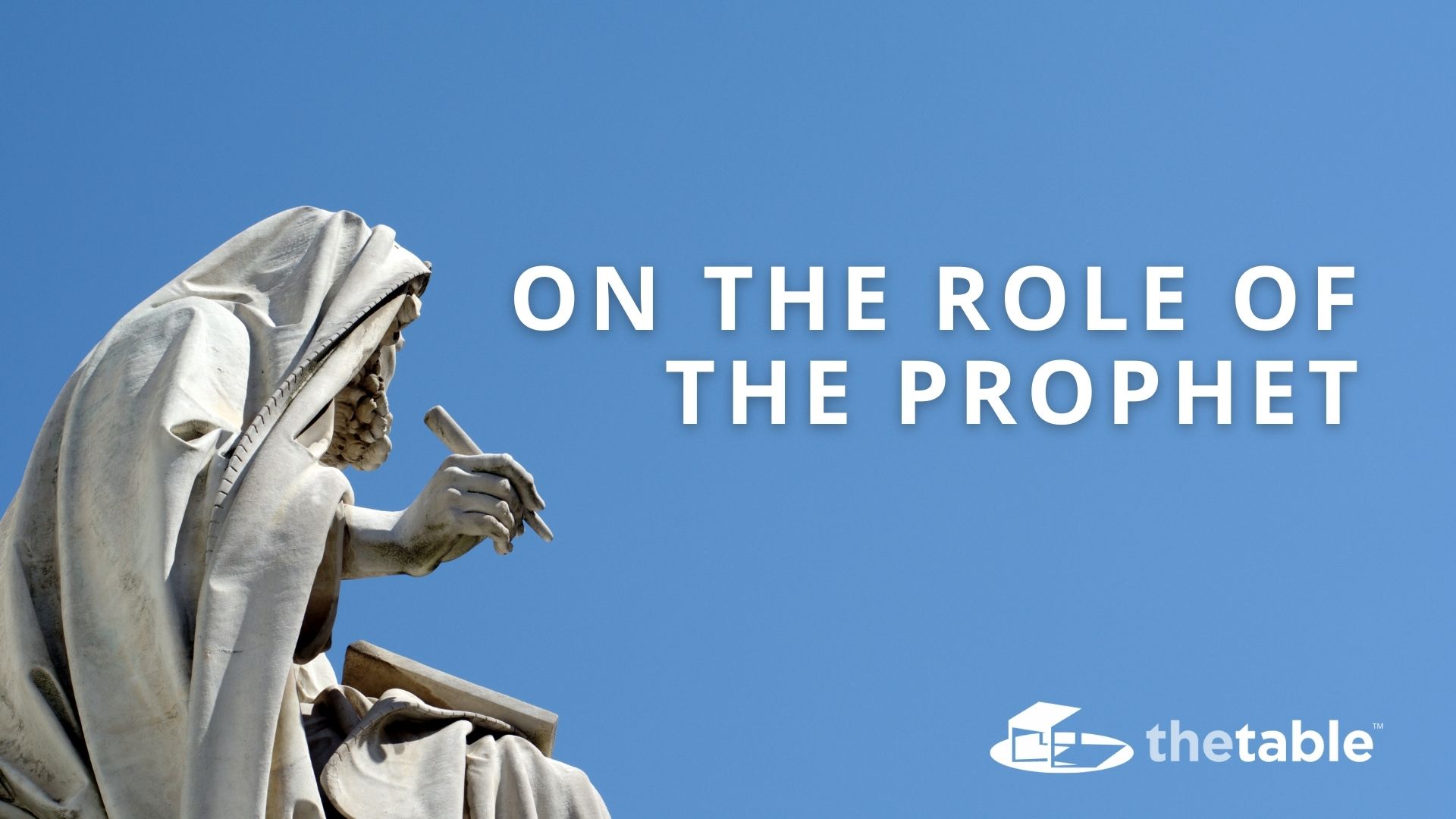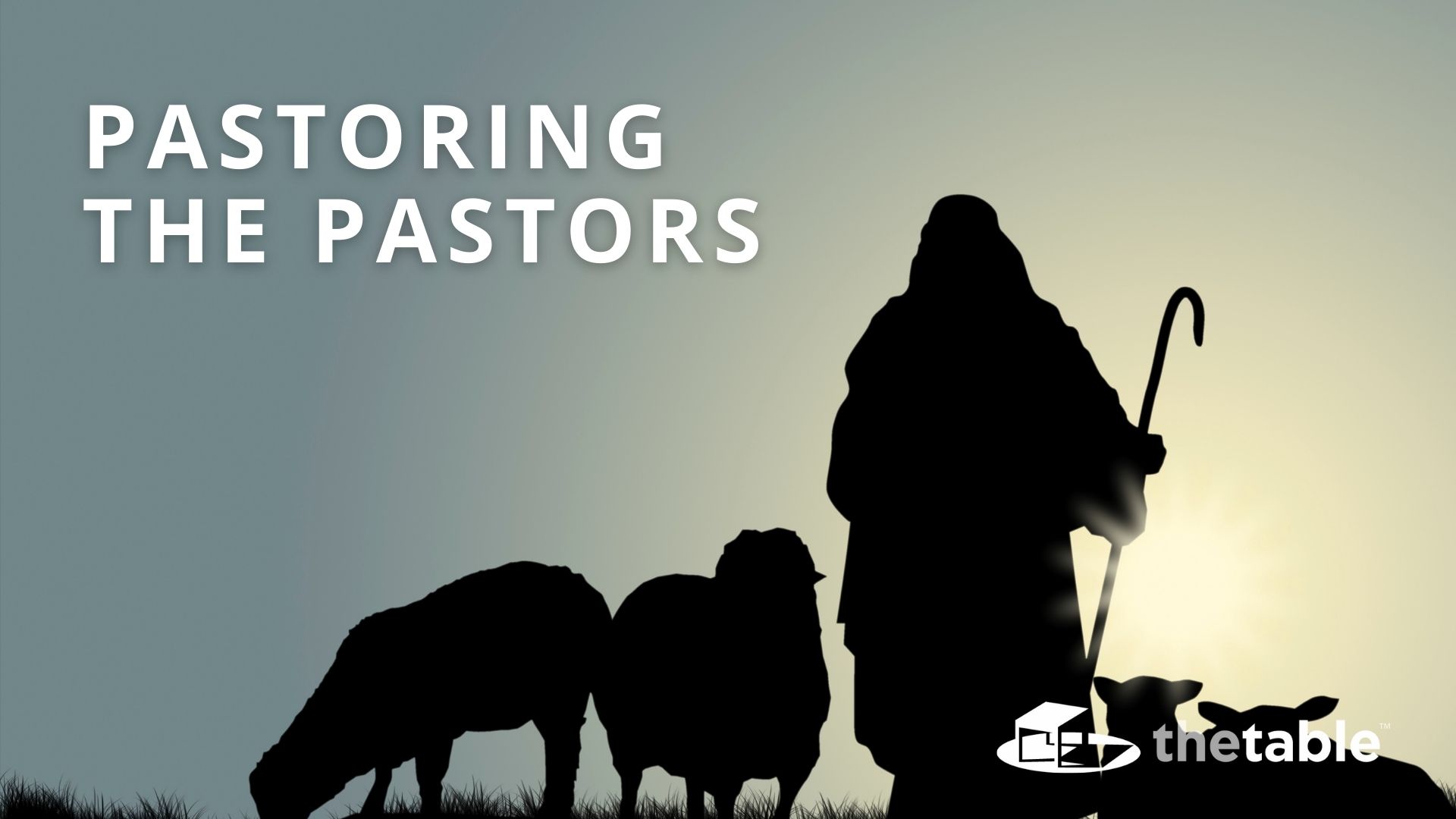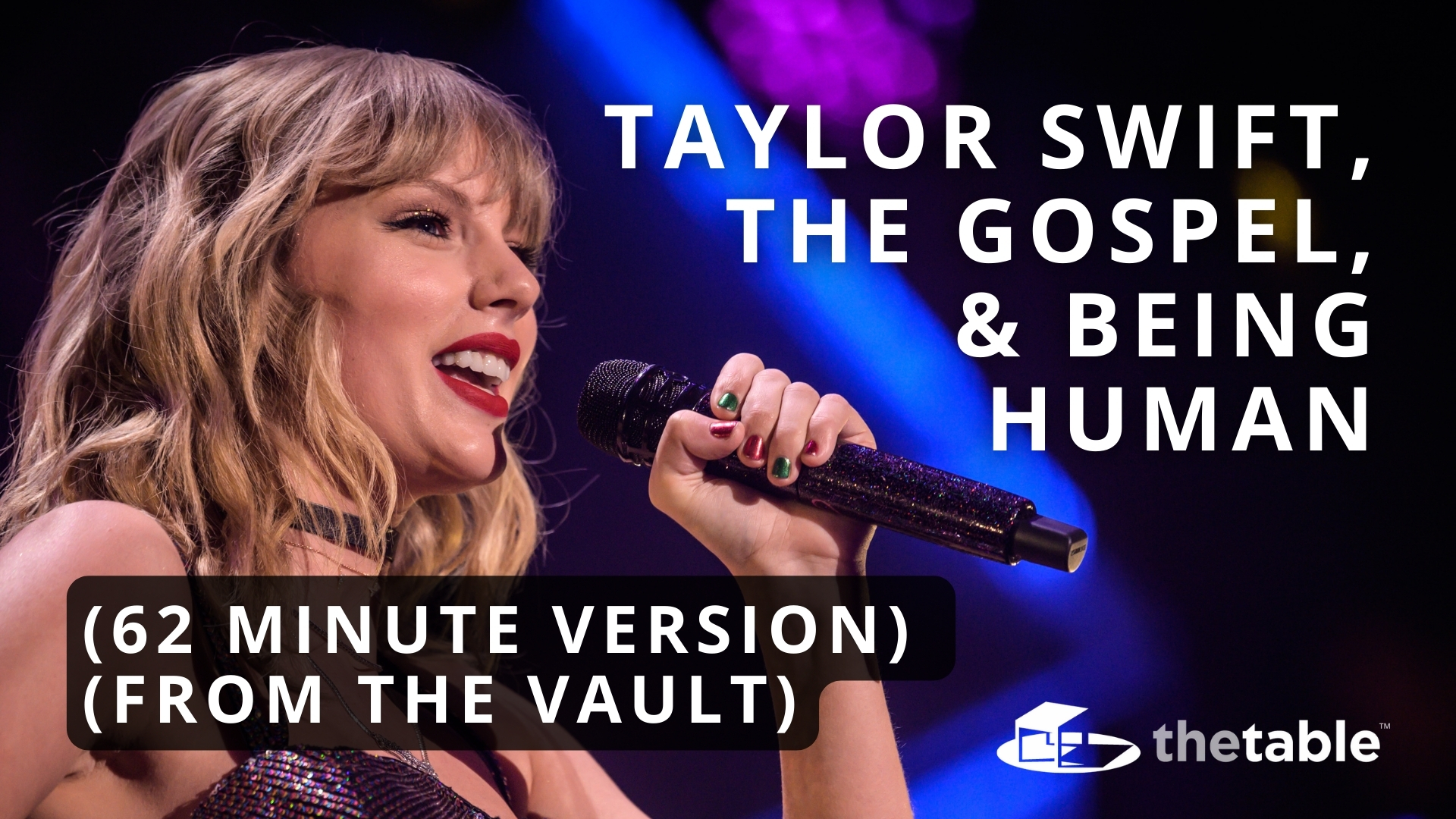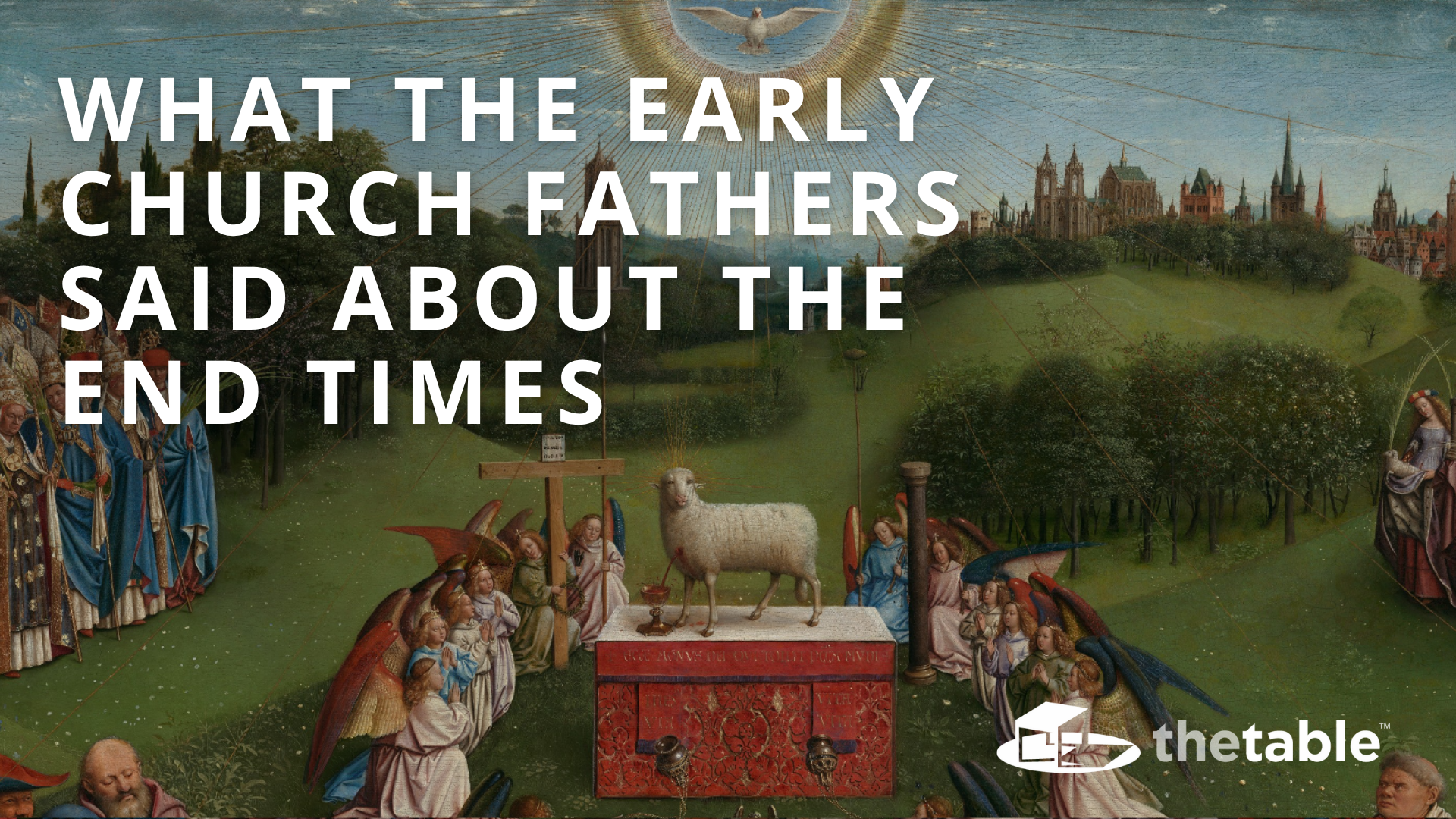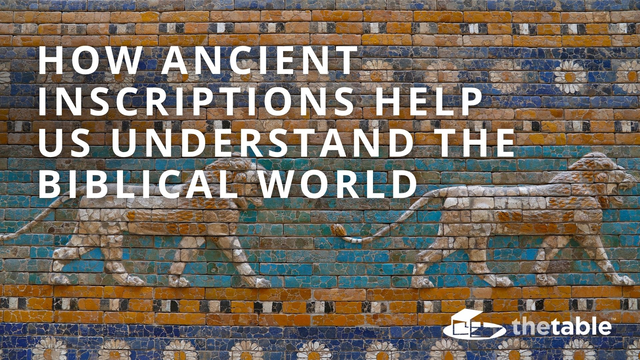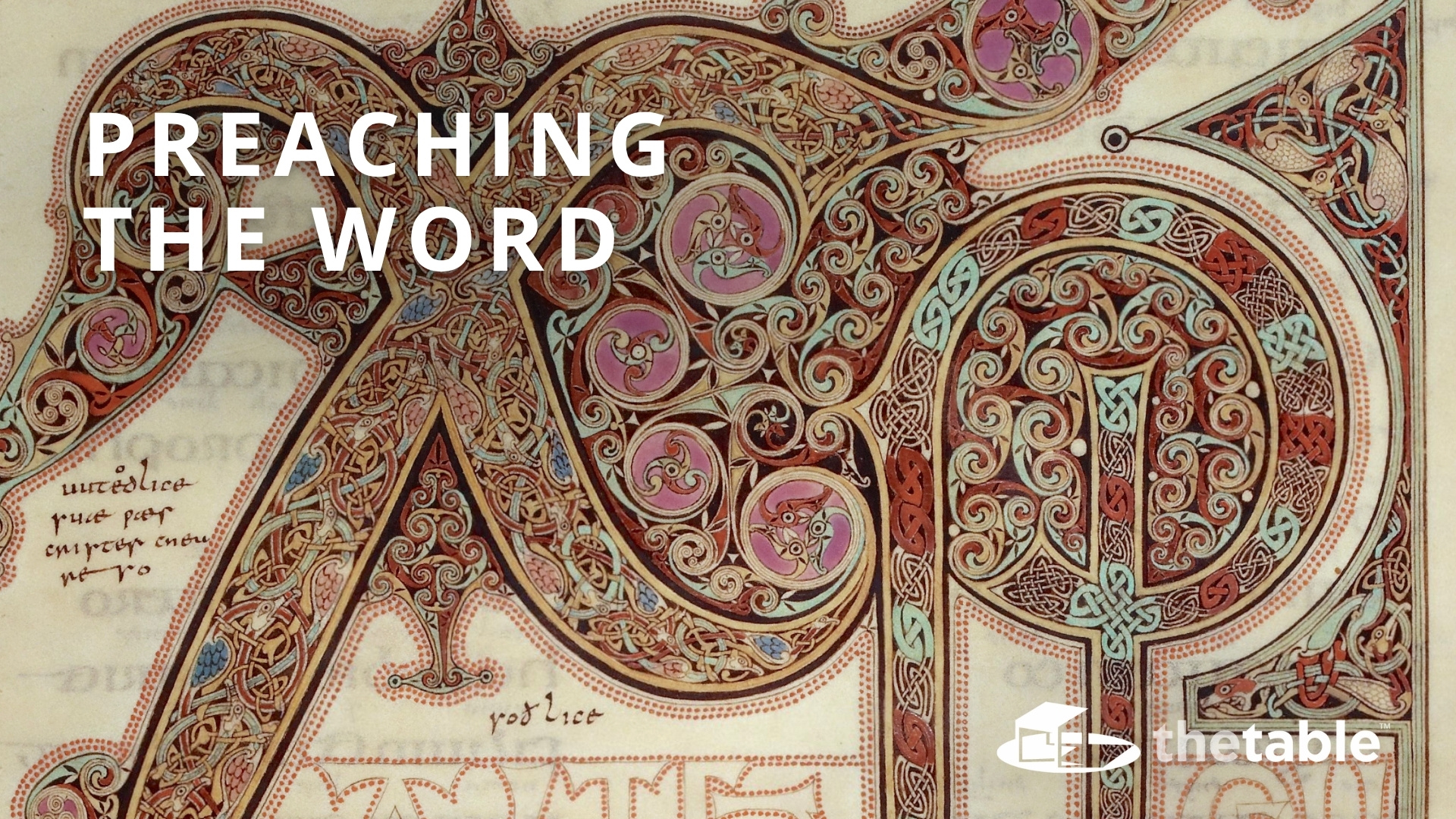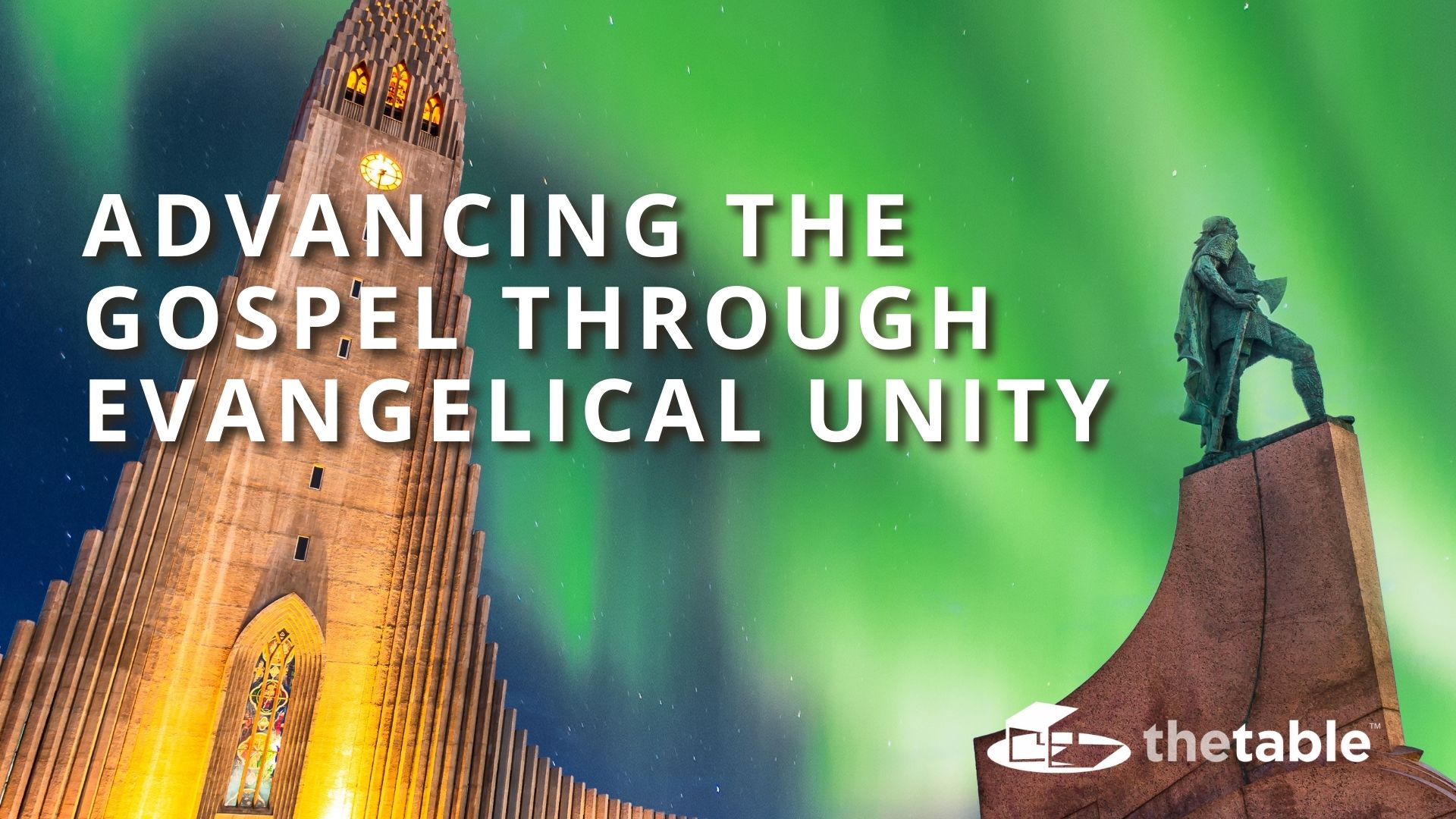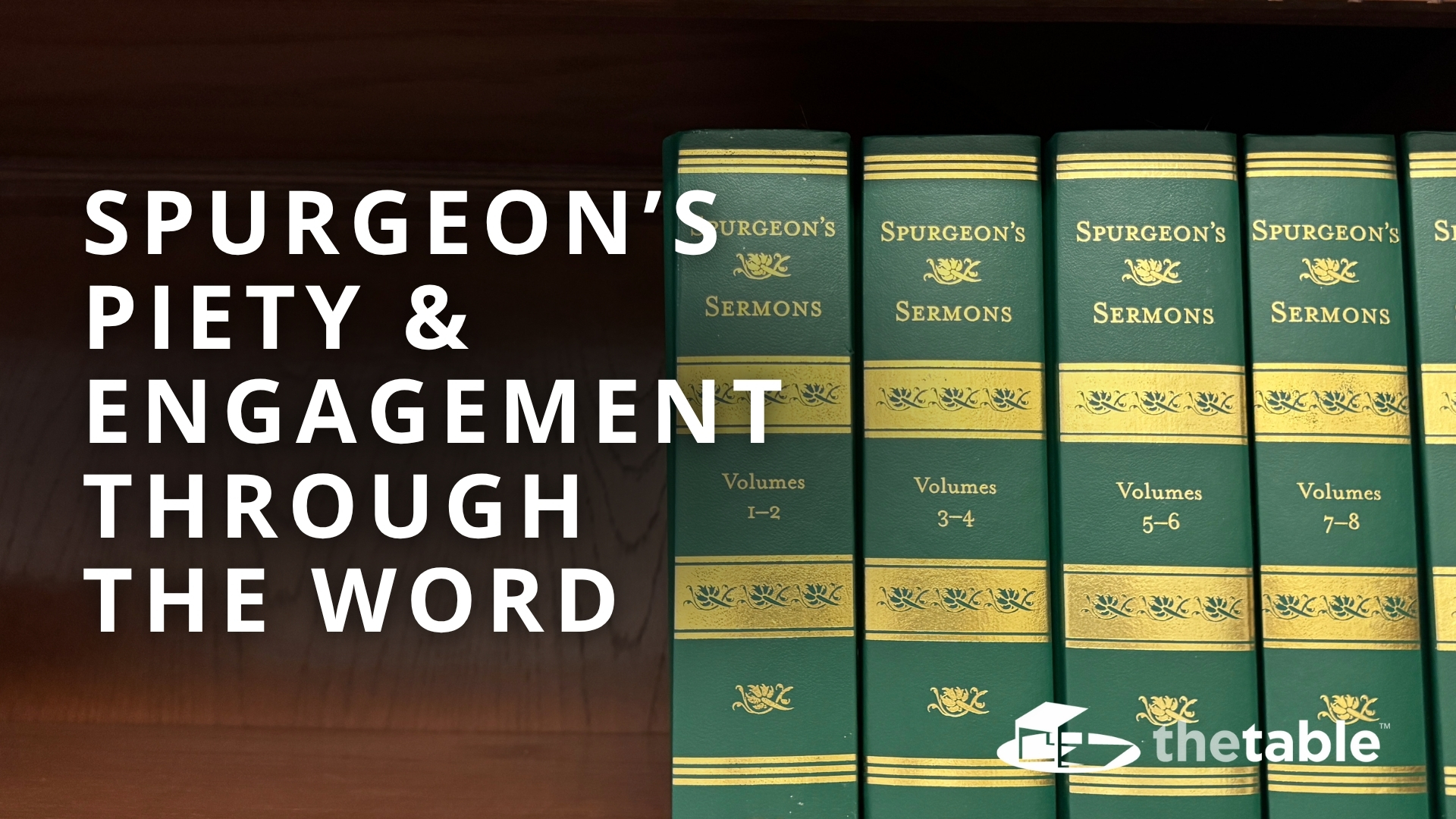On the Role of the Prophet
Description
Kymberli Cook:
Welcome to the Table Podcast where we discuss issues of God and culture to show the relevance of theology to everyday life. My name is Kymberli Cook, and I'm the assistant director here at the Hendricks Center. And I am so thrilled that you have joined us today as we talk about the role of the prophet in scripture. So this is actually the first in a series of podcasts we'll be doing on different offices or authoritative roles that we see people occupying in the Bible. And I'm not sure that there could be a better place to start as the prophet is one of the oldest offices that we find. So we are joined by two very qualified scholars who've dedicated their lives to scripture, Drs. Amy Peeler. Amy, it's lovely to have you here.
Amy Peeler:
So wonderful to be with you all.
Kymberli Cook:
And we're also joined by Dr. Mike Balbier, and it's great to have you here. Thank you for joining us.
Mike Balbier:
Thank you. Yeah, this is amazing.
Kymberli Cook:
And we want to thank you who are listening and taking time to sit down at the table with us today. So let's get you to know our guests a little bit better. Could you tell us, Amy, let's start with you, could you just tell us a little bit about yourself and how you ended up dedicating your life to studying the text of the Bible?
Amy Peeler:
Absolutely. So I was a kid that had the privilege of growing up in church. I loved my youth group. And then I went to a Christian college. I went to Oklahoma Baptist University, and there I discovered that you could study the biblical text as an academic. And I love school, and I love the Bible. And I'm like, "Oh, my goodness. You can put these things together, sign me up." So after taking a few electives in biblical studies, I changed my major and got on this pathway. And I'm so thankful that God has been faithful to open doors so that I can contribute to the lives of students the way that I was shaped and formed by my professors in college. So I teach at Wheaton College. I've been here, this is my 13th school year. We just have about a week left, and I love the chance to walk through the scriptures with these students really every day.
Kymberli Cook:
And so, what's your favorite thing that you teach at Wheaton?
Amy Peeler:
Oh, my goodness. It would really be hard to pick one. I always like to teach New Testament intro because I love having a variety of majors and having them make the discoveries of the connections. Probably my favorite elective is a course that I teach on Mary, the mother of Jesus, and I co-teach that with an art historian friend. So, he does all the art of the church and the theology. We did our MDivs together, and then I do the exegesis and the theology. And it is, we like to say, it's a party every day in that class. So, it is really fun.
Kymberli Cook:
Well, that sounds fun. Awesome. Well, very cool. And we're so excited to have you here and digging into, like you said, the text and what you got so excited that you were able to combine. Mike, what about you?
Mike Balbier:
Yeah, somewhat similar track, but somewhat not. So I grew up just kind of not knowing about Jesus, and my parents never went to church. My mom knew the gospel and gave me the gospel probably on a regular basis at some point, probably during middle school is when that kind of starts picking up. But she gave my brother and I a Bible in September 24th, 1984. And for some reason, I just kept reading and reading and reading. My brother did not, but that's not to say anything about him. It's just, that's kind of what I picked up on. And one day I just knew that in order to get to heaven is through Jesus Christ, and I placed my faith and trust in him and didn't know what that meant.
So I just kind of lived a secular life going through high school. And then, my buddy who I did lots of stuff with in high school, he said, "You know what? I'm a Christian, and I've been going to church for a very long time. I want to go to Bible college." And so, I'm like, "Hey, that sounds fun. I want to know more about Jesus." And it became, Bible college experience was more of discipleship 101 for me. And from there, I think the Lord just moved me in directions very slowly. And then I got the DTS here, ThM in 2000 and just started to blossom a lot and received a lot of encouragement from our wonderful professors. And one thing led to another to the PhD program in the Bible department, and that's where I just flourished. It just became so amazing and awesome, the whole experience.
Even though it lasted longer than I wanted to, I just learned so much. And it's just, my passion and love just increased tenfold. And so, now I have the privilege to, on a part-time basis, lead students here at DTS, going through all the books of the Bible, obviously not all at one time. And my favorite elective is Kingdom and Covenants. And so, Dr. Dwight Pentecost taught that class for years, and him and I became close friends basically from day one. In 2000, he just had lost his wife. And so, the Lord put us together, and probably to his chagrin, we became friends. And then, yeah, 2014 is when he moved on to Glory, but just that whole experience and everything was just leading up to where it is today. So it's been amazing.
Kymberli Cook:
Awesome, awesome. We're glad to have you here.
Mike Balbier:
Yeah, thank you.
Kymberli Cook:
Mike is very much one of the people on campus. He's one of the deans of the distance education. He is the dean. He's one of the deans, but he's the dean of distance education here. But he's never actually been on the podcast. So we're excited to have you here.
Mike Balbier:
Never been. Thank you for having me.
Kymberli Cook:
So let's turn to the matter at hand, the prophets in the Bible. I think, maybe let's start with a little bit of an overview, and then we will hop into both talking about prophecy in the Old Testament and the New Testament. But just in general, what would you guys say, what does the Bible say about a prophet? Who is a prophet generally in the Bible? Mike, let's start with you, and then we'll hear from Amy.
Mike Balbier:
Yeah, I love the question. So I immediately go to Genesis 49 with Jacob, and he is making prophetic utterances of what's going to happen to his children, one of which is Judah, where the scepter will not depart from him. But we don't see in the text that he has an official office as a prophet, but he is making claims of the future that is obviously from the Lord. And so, that's one piece that I see. But when I see Moses in Samuel, it's a little bit more direct and specific. You have a calling, and the Lord calls. And then you have content to give, thus saith the Lord is the obvious utterance that they do.
And then, you're commissioned, and you're commissioned to a people to bring the message of the Lord primarily to Israel when they're messing up their covenantal agreement with Yahweh. And here we go. When the prophet comes up sometimes, a lot of times that's not necessarily a good thing, but I like to see those categories. And the content can vary from what they've done in the past, Israel, or what they're doing in the present or what's going to happen in the future. So it really kind of spans three different pieces for me. I used to think as a prophet, as somebody who just made prophetic utterances of the future. Oh, that's of the future. That I might see that, but it's a little bit more complex than that.
Kymberli Cook:
Amy, what would you add?
Amy Peeler:
Oh, I think that's a great overview. A short statement that is helpful for me is that prophets speak God's truth. And so, I think that's encompassing that call aspect, that they really are passing along the word of the Lord. And in speaking truth, as Mike has just said so well, that can be directed as what has God done in the past that's true, that we need to remember, what is God saying about our actions in the present. So often the prophets are calling Israel back to faithfulness, that they've strayed from their first love of the Lord and their care for one another, and then can also be what's on the horizon, that in line with God's character God will bring about. So a person who is trustworthy, and then that gets a little bit into the New Testament of, you've got to discern because some may say that they're prophets, and it may not be God's truth. And so, there's a responsibility to really weigh the words of a prophet.
Kymberli Cook:
Is there a difference when we see, again, we're still talking real generally, so New Testament and Old Testament, is there a difference between an office of or a ministry of a prophet versus one-off prophecies? Is somebody who prophesies, are they considered a prophet? Is there a distinction there? Does that make sense?
Mike Balbier:
Yeah.
Kymberli Cook:
I really don't know the answer to that. I'm not trying to lead you one way or another.
Mike Balbier:
That's right. That's right. That's right. Amy, do you want to go first?
Amy Peeler:
I think the answer is, well, as we get into the New Testament, Paul especially names are you prophets and God may give the gift of prophecy. So it does seem something distinct, but that doesn't mean that in some instances people could be inspired to speak God's truth. So I think it'd be a little bit of both, but Mike, I'd be intrigued to hear your position on that.
Mike Balbier:
Yeah, kind of going back to the example of Jacob, from what I can tell, we d

